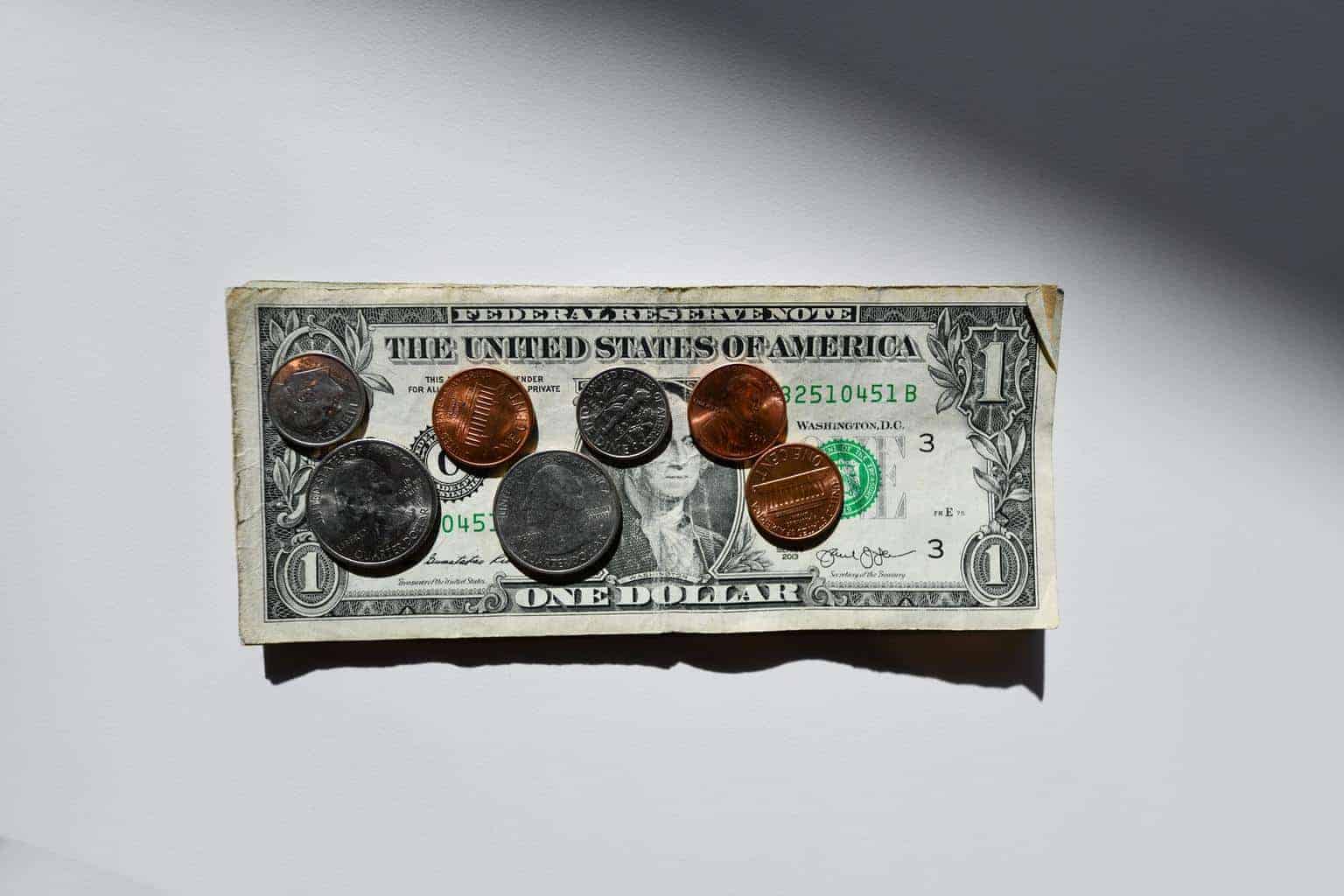Are you considering debt settlement to get relief from overwhelming debt balances? It could be an ideal option, but you should understand how it works before enrolling in a program. You also want to ensure you only consider reputable companies as there are many scammers who prey on innocent, financially distressed consumers.
Read on for the benefits and drawbacks of debt settlement to make an informed decision.
What Are the Pros and Cons of Debt Settlement?
Be sure to review the pros and cons of debt settlement before enrolling in a program.
Benefits of Debt Settlement
Below are a few key benefits of debt settlement:
Repay Debt Faster
Debt settlement programs are designed to get rid of debt in just 24 to 48 months*. It could take more or less time, depending on your debt load. Either way, it’s vital to adhere to the program requirements to give yourself the best chance at meeting your debt-payoff goals. More on that shortly.
Get Relief from Your Debt
When a creditor accepts a settlement offer, and you pay the agreed-upon amount, they can no longer pursue you for the debt. This means the constant collection calls and letters in the mail will stop.
Debt settlement can also prevent the account from being charged off by the creditor and sold to a third-party debt collector for pennies on the dollar only if the settlement occurs prior to being sold to a third party.
Avoid Bankruptcy
Both bankruptcy and debt settlement can help you get relief from unsecured debt. However, bankruptcy may have a more severe impact on your credit health. Creditors notate your credit report when you settle a debt, which could ding your score. But bankruptcy filings remain on your credit report for seven years if you file Chapter 13 or 10 years if you file Chapter 7. Plus, a bankruptcy could cause creditors to view you in a negative light for years to come.
Disadvantages of Debt Settlement
Unfortunately, there are also drawbacks to consider:
Debt Settlement Fees
Expect to pay a fee to the debt settlement company each time you settle a debt. It’s generally between 15 percent and 25 percent of the settlement amount and comes directly from the funds in the dedicated account you create when you sign up.
Impact on Your Credit Score
Consumers that enroll in debt settlement programs forgo monthly payments to creditors and make monthly payments to the dedicated account. This could help make a case for accepting a settlement offer more appealing to the creditor. The downside is your credit score will also take a hit each time you miss a payment. Plus, you risk the account being charged off, which is also bad news for your credit score.
Tax Implications
Settling a debt for less than what you owe could also create a tax bill if the creditor forgives $600 or more of your outstanding balance. To illustrate, if you owe $25,000 and the creditor agrees to a settlement of $15,000, the IRS requires you to add the $10,000 difference to your taxable income. Consult with a tax advisor for more information about the impacts of forgiven debt amounts.







